In a historic turn of events, Maryam Nawaz, daughter of former Prime Minister Nawaz Sharif, has shattered barriers by assuming the role of Chief Minister of Punjab province in Pakistan. This milestone marks the first time a woman has been elected as the head of a province in the country's history, signaling a significant shift in its political landscape. Following in the footsteps of her father, Nawaz Sharif, who previously held the same position, Maryam's ascent to power reflects her prominence in Pakistani politics despite her relatively recent entry into the arena.
.jpeg)
Maryam Nawaz's journey to this pivotal position has been marked by perseverance and resilience, navigating through various challenges and obstacles along the way. Born in Lahore, Pakistan, in 1973, Maryam embarked on her political career in 2012 at the age of 39, quickly rising through the ranks of the Pakistan Muslim League-Nawaz (PML-N) party.
.jpeg)
Currently serving as the Senior Vice President of PML-N, Maryam Nawaz is the eldest daughter of Nawaz Sharif, a former Prime Minister, and the niece of Shahbaz Sharif. She represents the fourth generation of the Sharif family to hold key political positions in Punjab, solidifying their legacy in Pakistani politics. Furthermore, Maryam's appointment as Chief Minister of Punjab also positions her as the first woman Member of Provincial Assembly (MPA) from her family.
.jpeg)
Despite facing legal challenges and controversies throughout her career, including disqualification from public office in 2017 due to the Panama Papers scandal, Maryam Nawaz has remained a prominent figure in Pakistani politics. Her resilience and dedication to serving her constituents have propelled her to electoral success, as evidenced by her victories in the 2024 general elections, securing seats in both the National Assembly and the Punjab Provincial Assembly.
.jpeg)
In her affidavit submitted to the Election Commission of Pakistan in 2018, Maryam Nawaz disclosed her wealth, revealing assets totaling approximately three million dollars, including agricultural land and investments in various companies. Despite her affluent background, Maryam has maintained a commitment to public service and advocacy for her constituents' needs.
Maryam Nawaz's journey to political prominence has been intertwined with personal milestones, including her marriage to Pakistan Army Captain Safdar Awan in 1992. The couple shares two daughters and a son, with Safdar transitioning from military service to become a prominent political figure alongside Maryam.
.jpeg)
As Maryam Nawaz assumes her role as Chief Minister of Punjab, she faces the daunting task of addressing the province's pressing challenges while simultaneously navigating the complexities of Pakistani politics. Her historic appointment represents a significant step forward for gender equality in Pakistan's political landscape, signaling a shift towards greater inclusivity and representation at the highest levels of government. With her determination and leadership, Maryam Nawaz is poised to leave a lasting impact on Punjab province and the broader political arena in Pakistan.



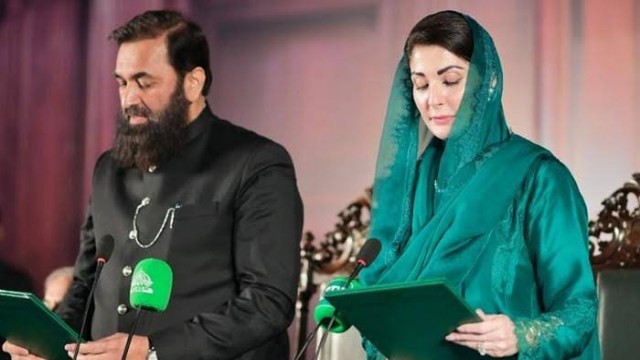
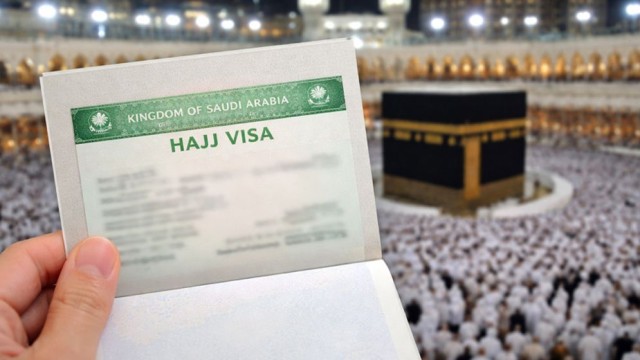




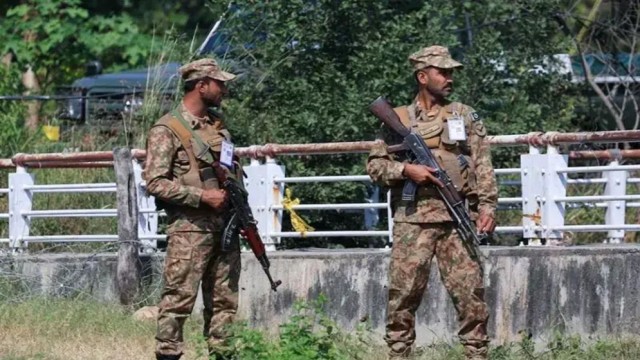





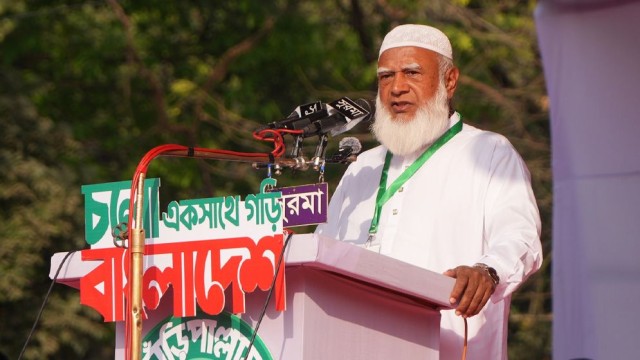

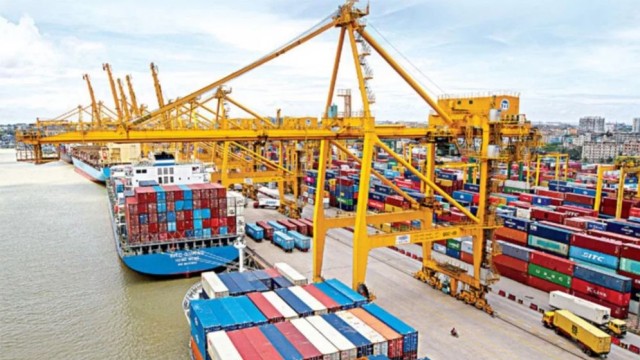












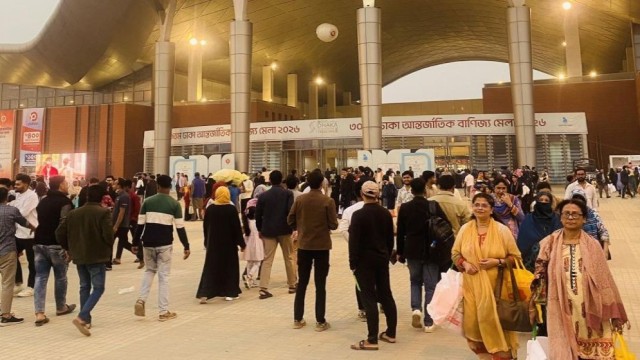
Comment: